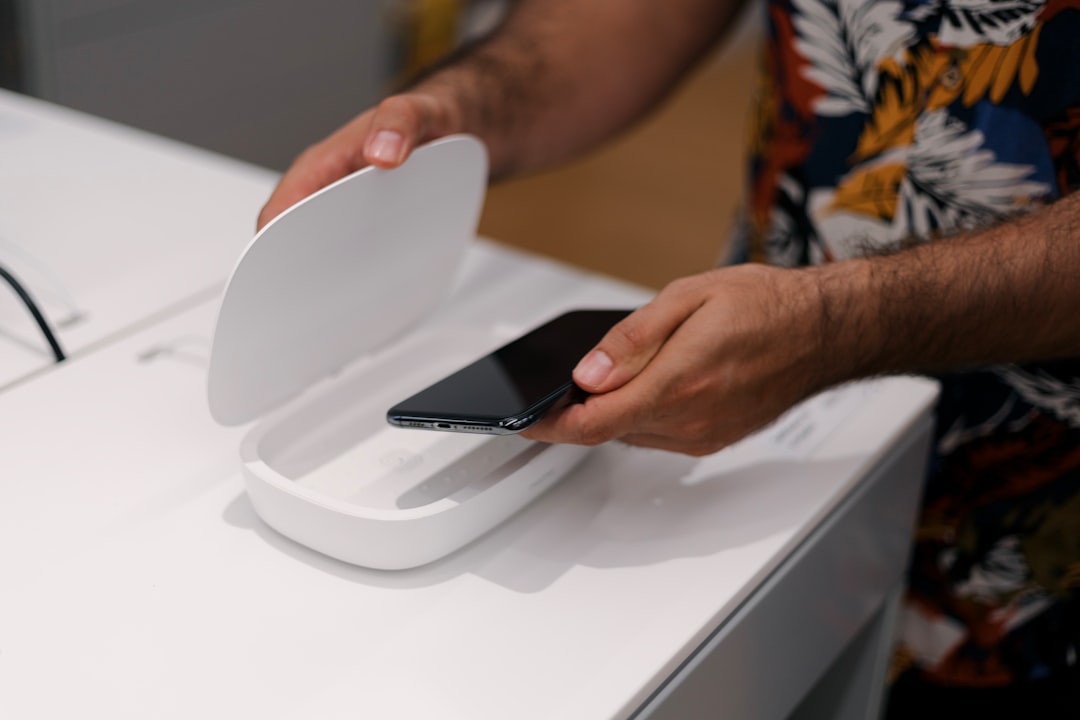Moving to a new house can be both exciting and hectic. Beyond packing boxes and arranging movers, there are essential administrative details that often get overlooked, such as updating your details on the electoral roll. In the UK, being correctly registered on the electoral roll (also known as the electoral register) is vital for participating in elections, managing your credit score, and proving your address. Fortunately, updating your address on the electoral roll is a straightforward process. Here’s how to do it step by step.
Why It’s Important to Update Your Address
Updating your address on the electoral roll is crucial for several reasons:
- Voting rights: Without updating your details, you may not be able to vote in local, national, or referendum elections in your new area.
- Credit score: Being correctly registered helps lenders verify your identity, which is an important factor in maintaining or improving your credit score.
- Proof of residency: Many services in the UK, such as registering with a GP or applying for certain benefits, may require an up-to-date registration as proof of where you live.

If you’ve recently moved or plan to move soon, keeping your records current on the electoral roll should be part of your checklist.
Steps to Change Your Address on the Electoral Roll
The process to update your information on the electoral roll is free and relatively straightforward. Here’s how you can do it efficiently:
1. Check If You’re Registered
Before proceeding, you may want to check whether you’re already registered at your current address. Contact your local Electoral Registration Office (ERO) if you’re unsure. Every council in the UK has an ERO that can assist you with this.
2. Visit the GOV.UK Website
To update your address, visit the official GOV.UK Register to Vote page. This government portal ensures you’re using a secure and trusted platform for updating your address.
3. Provide Personal Details
When completing the registration form, make sure you have the following information handy:
- Your full name
- Your current address
- Your previous address
- Your National Insurance number (optional but helpful for verification)
- Your date of birth
These details will help the electoral office confirm your identity and ensure a seamless process.
4. Submit Your Application
Once you’ve filled out and reviewed the online form, submit your application. You will usually receive a confirmation email or letter when your details have been successfully updated.
5. Contact Your Local Council (If Necessary)
In some rare cases, your council may need additional information or documentation to verify your update. Be sure to respond to any correspondence from your local Electoral Registration Office promptly to avoid delays.
Can’t Access the Internet? No Problem!
If you don’t have internet access or prefer to update your information offline, you can request a paper voter registration form from your local Electoral Registration Office. Simply fill it out and return it by post. The process may take slightly longer but is just as effective.

When to Update Your Address
The best time to update your address on the electoral roll is as soon as you move into your new home. The electoral register is routinely updated, but failing to notify the council promptly might result in a delay in your ability to vote or appear on local registers.
Check the Deadlines
If you’ve moved close to an election date and wish to vote in your new area, check the voter registration deadlines. It’s essential to register before the deadline to ensure you’re eligible to vote.
What Happens If You Don’t Update Your Address?
Neglecting to update your address can have serious implications. You might miss out on the chance to vote in important elections or have difficulty securing credit. Furthermore, being incorrectly registered could raise questions during background checks for work or housing.
Although there is no fine for not updating your electoral roll address, councils are obligated to maintain accurate voter records. Persistent non-compliance may lead to follow-ups or fines in extreme cases.
Conclusion
Changing your address on the electoral roll in the UK is an essential but simple task that ensures you can vote, access credit, and confirm your residential details when required. By following the above steps and staying proactive, you can easily keep your registration up to date. So don’t delay—make this a priority as part of your moving process.


